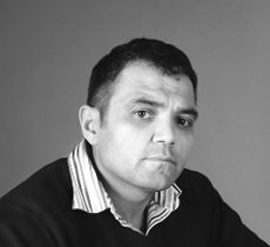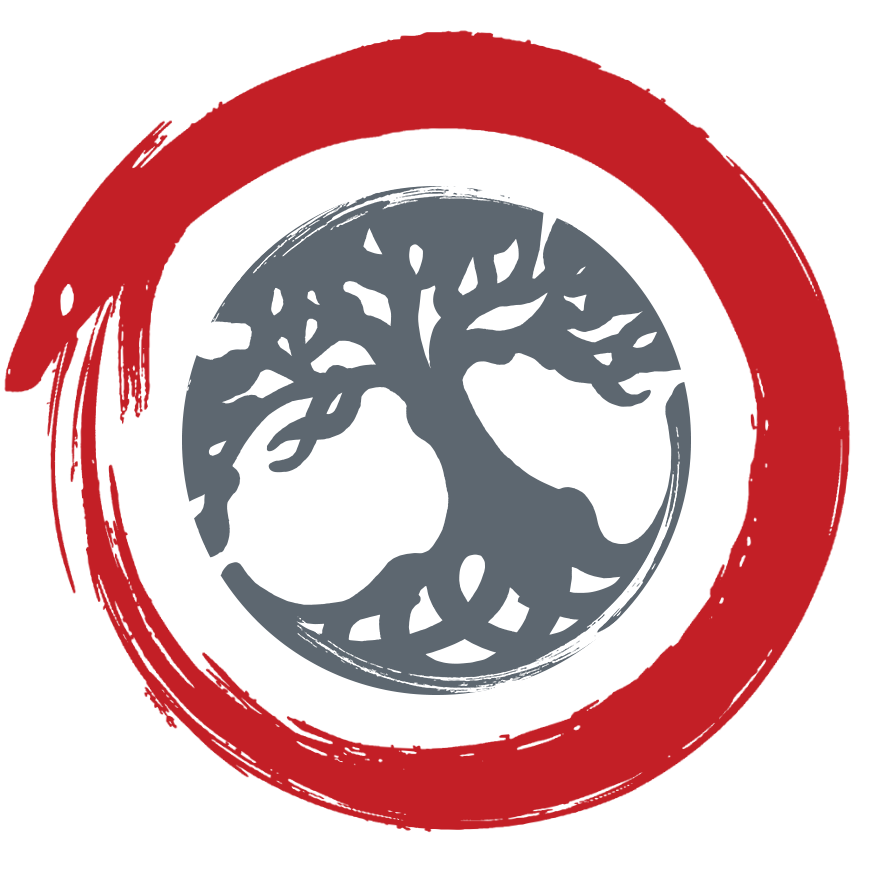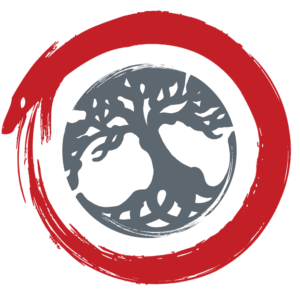
Philippe Jacquet & Associates
Central London Psychotherapy

Philippe Jacquet
Knowing yourself and understanding the options that you have to create happiness, success, fulfilment and growth within your world and on your own terms is at the heart of virtually all types of personal change. The focus of psychotherapy London, counselling, coaching, hypnotherapy and art therapy centres around this principle. Through psychotherapy you will embark on a deeply personal and unique journey to a greater understanding. This journey will allow you to reach your maximum potential and find your own place of harmony and happiness.
Psychotherapy London and Counselling and Beyond
Experienced mental health professionals consider more than the mere physical symptoms of an illness in the development of a care program. In our offices in central London, all of our healthcare professionals practice a holistic approach to psychotherapy London, because we believe this is the most studied and effective method.
International Experience and Expertise
Philippe Jacquet & Associates provide bespoke psychotherapy London and counselling services in central London (Mayfair and Harley Street), South East London (Bermondsey), and also overseas, with a presence in Brussels, Paris, Nairobi, and Marbella.
With our trained, professional, and accredited counsellors and psychotherapists, we are able to provide a level of support that is simply not found elsewhere in the Central London area.
Philippe Jacquet has an extensive resume in the field of psychotherapy London, hypnotherapy, and working with clients with a range of different issues and concerns.
All our therapists and counsellors, in Central London and elsewhere, are fully committed to using the best practice options with every customer.
Mr. Jacquet alongside the therapists and counsellors also have the ability to work together as a team, to design an optimal treatment plan. Since clients may require different therapeutic techniques, they may be helpful in the development of these highly effective treatment plans.
Respect and Confidentiality
We understand that reaching out for help can be a very difficult thing to do, so we can offer you the promise that your sessions with our Central London office professionals will be confidential, and you will have full anonymity through our psychotherapy London, counselling, and coaching programs. As many of our clients are professionals, we provide the option for evening and weekend appointments. We also do respect the fact that you may feel more comfortable attending the later or weekend sessions if anonymity is a concern. Please speak directly to your therapists, and he or she will schedule your appointments accordingly.
How psychotherapy and counselling can help you
There are many ways that psychotherapy and counselling can help you, depending on your personal circumstances. For some people, it helps them overcome trauma, while for others, it can help them find meaning and purpose in their lives. Its not so much about finding the root cause of a problem, but about becoming more resilient to any future pain and managing your emotions.
We have psychotherapy clinics in Harley Street, Central London, Bermondsey, Colchester, and overseas. We offer a tailor-made approach designed to meet individual patients’ specific needs because there is no one-size-fits-all approach to better mental health. This can mean using various methods in varying degrees so that everything we do during our sessions best helps you.
Other services of Psychotherapy London
Philippe Jacquet & Associates offers a range of services to treat a variety of mental health conditions or relationship issues, including, but not limited to, addiction, anxiety, couples therapy, depression, eating disorders, and sexual problems.
Depending on the issue you are facing, we will recommend the most appropriate service, whether it be counselling, psychotherapy London, art therapy, bodywork, or something else.
Contact us
To arrange an initial consultation for counselling or psychotherapy London, Colchester, or online, please contact our clinic today, either by phone (+44 03333392430) or email.
CONTACT US
Proud members of

We honour any major health insurance


